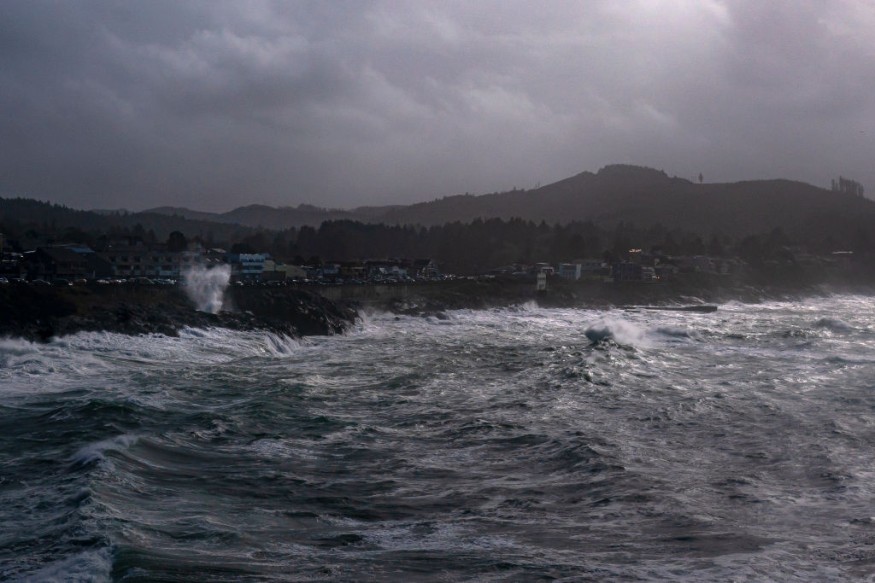Scientists have finally recognized the large, hairy blob that washed ashore on a beach in Oregon. Dead animals frequently wash up in unidentifiable stages of decay. When giant animals perish at sea, the gasses released during their body's breakdown cause the corpse to float, ultimately washing ashore.
Locals questioned if the unusual blob was a whale or some other kind of animal because it was coated in stringy filaments.
Adoni Tegner, a local, said to KOIN 6 News that she found it on October 12 close to Florence, Oregon and that it smelled like a "decomposing animal" and was coated in what seemed to be stringy white hairs. He claimed it simply didn't look like anything he had ever seen. It appeared more stringy and almost like a huge squid or other creature.

Washing Up on the Shore
Tegner added that it was bizarre how the muscle structure broke down as it was pulled apart and nearly gave the impression that it had tentacles.
The consensus among scientists is that this strange creature was probably the decaying carcass of a deceased whale.
According to the images, Mark Clementz, a professor of paleobiology at the University of Wyoming, speculated that the blob was a rotting baleen whale carcass for Newsweek. The remains of the muscular fibers that run down the throat and stomach might be hair-like structures, or they could be baleen peeking through.
Odd White Hair
According to Yannis P. Papastamatiou, an associate professor of predatory ecology at Florida International University, "it's heavily decomposed, which is why it looks like that, and different tissues will decompose at different rates. So tendons, collagen fibers, and various proteins will decompose at different rates, one of which I assume is the "white hair" they are discussing (which is not hair),
Professor and fish scientist Culum Brown of Macquarie University in Australia proposed that the hair may be fat decaying.
According to him, most white "hair" is made up of bacteria dissolving strings of blubber. It must smell HORRIBLE.
Dead whales that wash up on beaches quickly start to smell as putrescine and cadaverine are produced as the corpse decomposes due to germs.
One Richmond, Virginia, homeowner previously told ABC7 News in June about a dead whale washing up on a local beach: "It would make it, so you never want to eat fish again. It is horrific." It was just a terrible scent, the worst odor you could imagine.
Cleaning the Carcass
Local officials frequently don't want to allow whale carcasses to decompose on the sand since the scent might turn away beachgoers and draw scavengers to the area. They often try to drag the carcass back out to sea, but this sometimes merely causes it to wash up on the shore once more. Authorities even used dynamite to break up a whale carcass in Florence, Oregon, in 1970, but it backfired and sent blubber flying at great speeds from the sky. While older corpses are frequently buried under the sand, smaller explosives are occasionally still employed nowadays.
Related Article : Thousands of Dead Fish Creates Rancid Mess in Oakland
For the latest similar news, don't forget to follow Nature World News!
© 2025 NatureWorldNews.com All rights reserved. Do not reproduce without permission.





